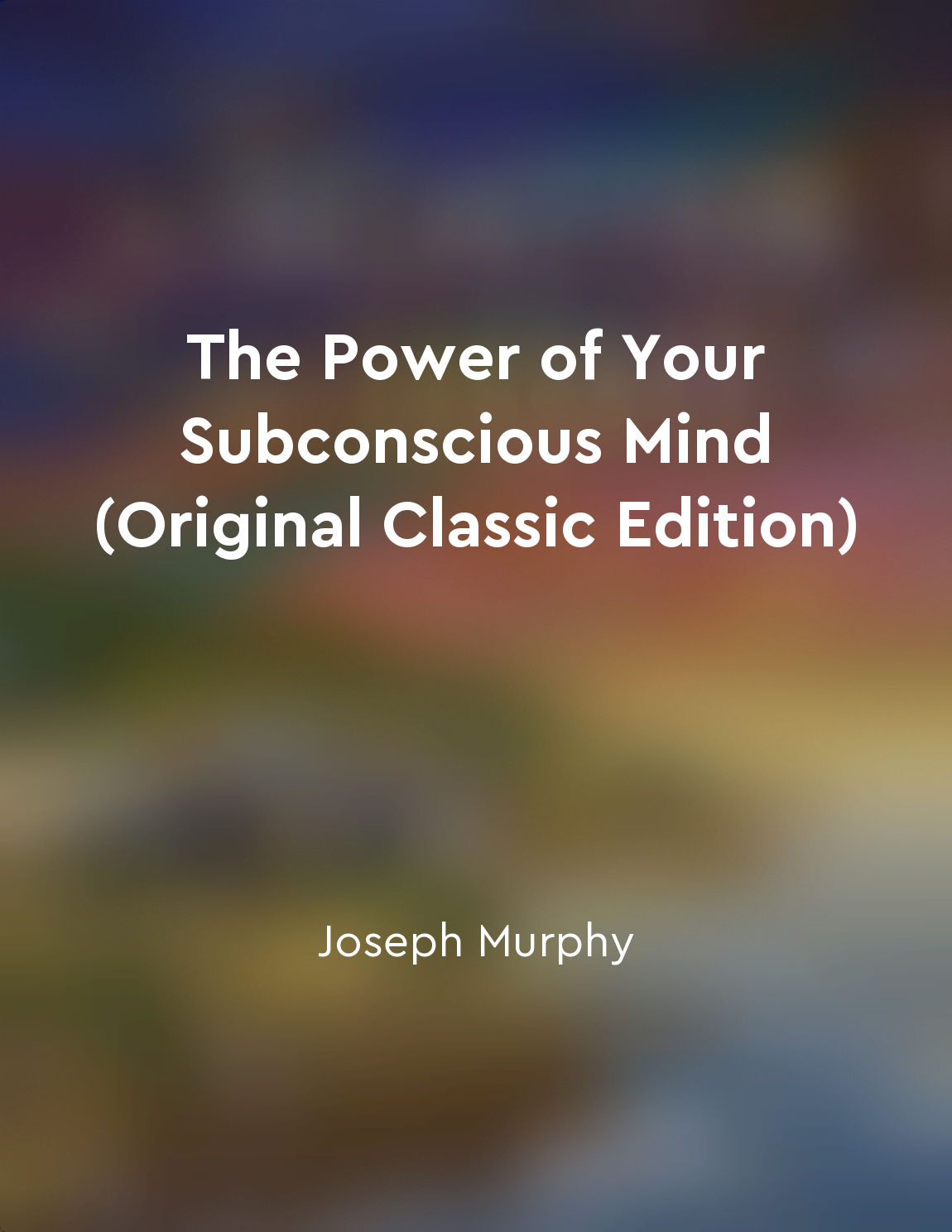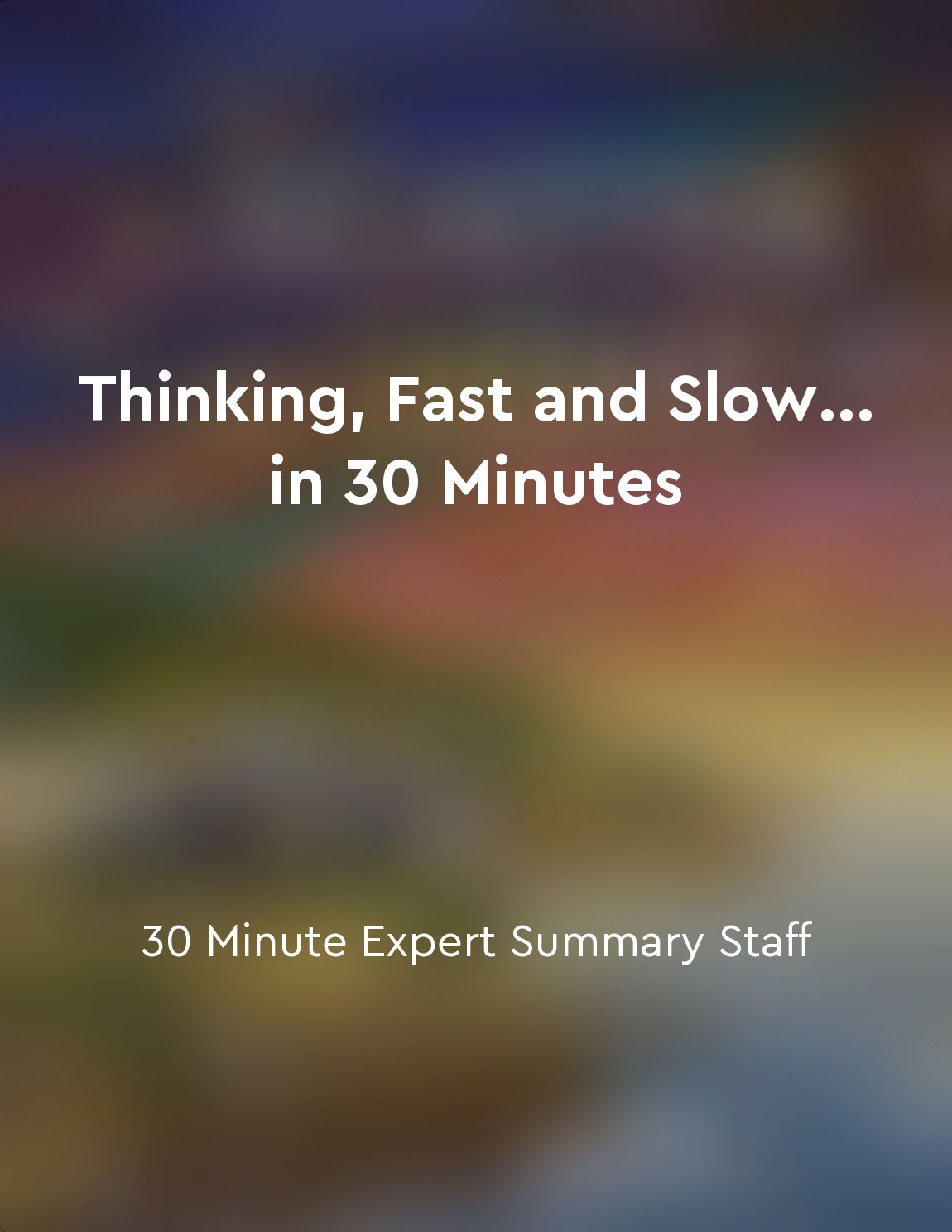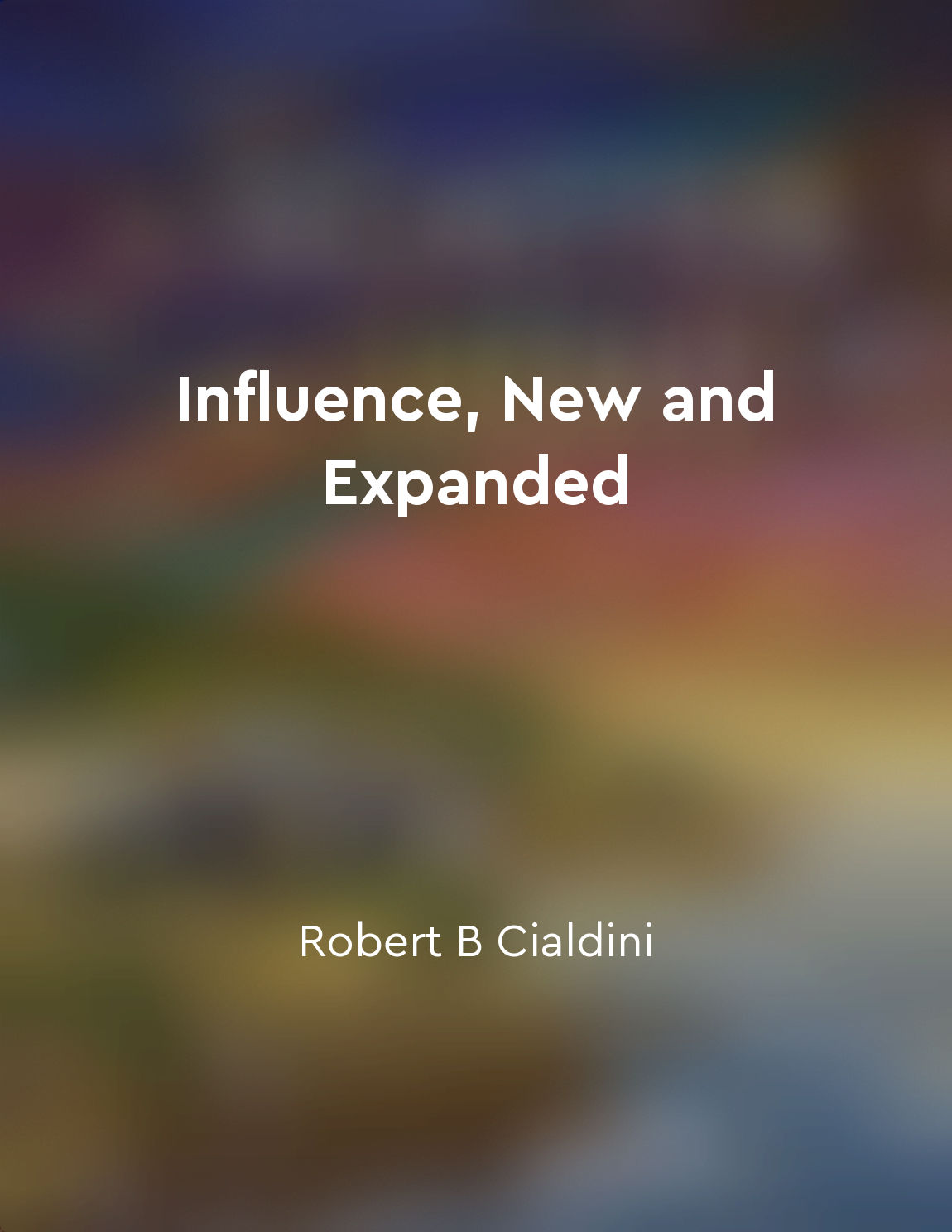Audio available in app
Conscious and unconscious processes coexist and influence behavior from "summary" of The Cognitive Neuroscience of Consciousness by Stanislas Dehaene
The interplay between conscious and unconscious mental processes forms a fundamental aspect of human cognition and behavior. Consciousness serves as a spotlight, illuminating specific thoughts, decisions, and experiences, while the vast majority of mental activity occurs outside of conscious awareness. This duality creates a dynamic where unconscious processes subtly guide actions, often without explicit acknowledgment. Unconscious mechanisms operate continuously, processing information, forming judgments, and influencing emotional responses. For example, automatic skills, such as riding a bicycle or typing, demonstrate how ingrained habits can function independently of conscious control. Such processes are not merely background functions; they actively shape perceptions and reactions in daily life. Conscious awareness, while powerful, is limited in scope. It can only focus on a small fraction of incoming stimuli, rendering individuals unaware of the myriad of influences at play. This limitation paves the way for unconscious processes to fill in gaps, often steering behavior in ways that align with past experiences, learned associations, and situational contexts. Interactions between these two realms create a complex feedback loop. Decisions perceived as conscious may emerge from a foundation of unconscious processing, where prior knowledge and emotional states inform choices. Conversely, conscious reflection can alter underlying unconscious tendencies, as awareness of biases or emotional triggers promotes adaptive behavior. This intricate relationship underscores the significance of understanding both conscious deliberation and the covert operations of the mind. Recognizing how these processes collaborate enhances comprehension of human behavior, emphasizing that much of what drives actions occurs beyond the reach of conscious thought.Similar Posts
Human potential is limitless and yet untapped
In the depths of every human being lies an untapped reservoir of potential waiting to be released. The vast capabilities that e...
Willpower is not enough to overcome bad habits
When it comes to breaking bad habits, many people believe that all it takes is willpower. They think that if they just muster u...
Time management
Time management is a crucial concept that cannot be overlooked when it comes to achieving success. The ability to effectively m...
Operant conditioning involves reinforcement and punishment
Operant conditioning is a form of learning that involves changing behavior through the use of reinforcement or punishment. Rein...

Love is a powerful force in manifesting your desires
Love is a powerful force that can help you manifest your deepest desires. When you fill your mind with thoughts of love, you ar...
Visualization improves willpower
The idea that simply picturing yourself resisting temptation can boost your willpower may seem too good to be true. But researc...

Confirmation bias reinforces existing beliefs
Confirmation bias is a cognitive bias that affects how we process information and form beliefs. Our tendency to seek out inform...
Intuition is often subconscious
Intuition is a remarkable cognitive ability that often operates outside of our conscious awareness. This means that the intuiti...
Be humble enough to admit when you are wrong
In life, we often find ourselves in situations where we make mistakes or hold incorrect beliefs. It is a natural part of being ...

Social validation is persuasive
The concept of social validation as persuasive is rooted in the idea that people tend to look to others for guidance on how to ...
